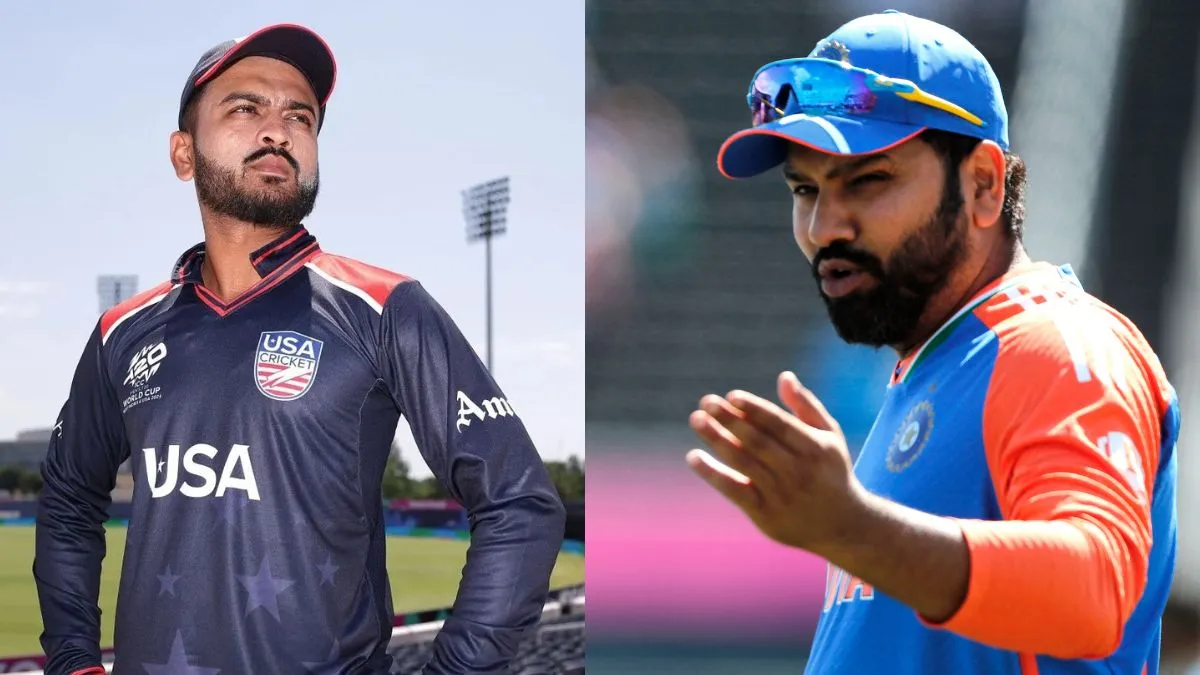In a significant development during their ICC T20 World Cup Group A encounter against India in New York on Wednesday, the USA cricket team incurred a penalty of five runs under the newly introduced stop-clock rule. This marked the first instance of such penalty in international T20 cricket since the rule’s permanent implementation by the ICC in April 2024.
The stop-clock rule mandates that teams adhere to a strict timeframe of 60 seconds between overs. After receiving two warnings for time violations earlier in the match, the USA faced a critical penalty when they exceeded the allowed time for the third occasion.
Commentator Ebony Rainford-Brent remarked, “Three times they have exceeded the sixty seconds they have allotted to get through between overs. So they have been going slow, moving slow, maybe overthinking due to the pressure in this game.”
Former India international and ICC commentator Dinesh Karthik highlighted the impact of the rule, stating, “There’s been a lot of pressure on the bowling team captain – India just got away with it in the game against Pakistan, where they had two faults and the third one would have been a strike. But now America have definitely done this to themselves.”
Despite the penalty, the USA put up a fighting total of 110/8 in their 20 overs, with Nitish Kumar and Steven Taylor contributing crucial knocks. However, India’s bowlers, led by Arshdeep Singh (4/9) and supported by Hardik Pandya (2/14) and Axar Patel, restricted the opposition effectively.
In response, India faced early setbacks but recovered thanks to a match-winning partnership between Suryakumar Yadav (50) and Shivam Dube (31*), guiding them to a seven-wicket victory. This victory ensures India’s progression to the Super 8 stage of the T20 World Cup, maintaining their unbeaten streak in the tournament.
Arshdeep Singh, for his fiery spell with the ball, was awarded the ‘Player of the Match’ accolade, highlighting India’s dominant performance despite initial challenges in the run chase.
The match not only showcased competitive cricket but also underscored the importance of adherence to new regulations in enhancing the game’s integrity and pace at the international level.







